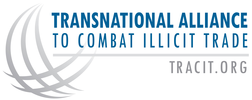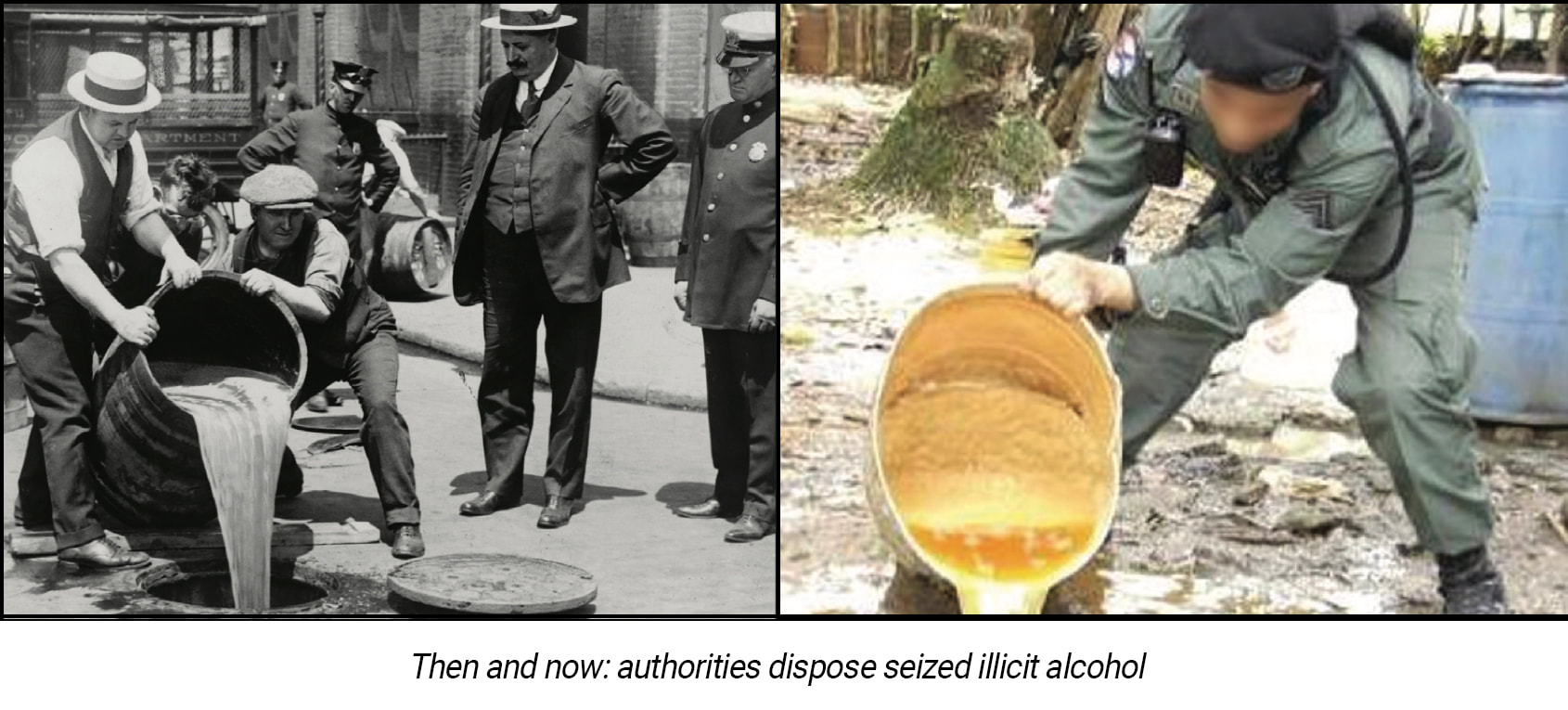|
Winston Churchill once said that, “Those who fail to learn from history are condemned to repeat it.” It seems that this adage rings true time and time again.
On 12 January 2021 TRACIT released its most recent report on prohibition in the wake of the COVID-19 pandemic, Prohibition, Illicit Alcohol and Lessons Learned from Lockdown. The report examines the consequences of dry laws enacted by various sovereign states around the world, with a particular emphasis on the countries with the strictest regulations, such as India, Mexico, and South Africa. Drawing parallels to a constitutional amendment that brought the infamous Prohibition to the United States in 1920, the report prompts us to remember a piece of history that we seem to have forgotten in the midst of a pandemic: Alcohol supply restrictions, bans, and outright prohibitions do more harm than good. The Prohibition era in the United States is almost universally regarded as a failed experiment in curbing society’s thirst for alcoholic beverages. In fact, the more the U.S. Government strengthened its dry laws—eventually banning the sale of alcohol altogether—the more the public pushed back, giving birth to a massive black-market and ushering in an era of organized crime and corruption. Chicago, in particular, emerged as a notorious capital for organized crime and illegal speakeasies. Like a snake, the underground market for illicit alcohol has slithered its way back into our lives over a century later—this time on a global scale. The problems we’re currently facing are ones that we’ve seen before—and ones that were easily preventable. The TRACIT report details how instead of avoiding prohibition laws on alcohol during the pandemic, governments around the world did the exact opposite, banning millions of people from access to safe and legitimate products. By sharply reducing supply without a change in demand, governments steered consumers towards unregulated black-markets, inadvertently risking the health and safety of their citizens. In hindsight, governments and lawmakers should have known better. With the publication of this report, we hope to bring some clarity to the problem and provide solutions that will hopefully preclude irresponsible legislation in future. Right now, we governments need to make sure that the growth in illicit alcohol markets does not take root in the long run, and this starts with ramping up enforcement measures to quell any growing illicit trade activity. We can build back better. It’s time we prove Churchill wrong. Selin Hos TRACIT Staff Writer Comments are closed.
|
About tracit talking pointsTRACIT Talking Points is a channel we’ve opened to comment on current trends and critical issues. This blog showcases articles from our staff and leadership, along with feature stories from our partners in the private sector and thought-leaders from government and civil society. Our aim is to deepen the dialogue on emerging policy issues and enforcement measures that can be deployed against illicit trade.
Categories
All
Archives
February 2024
|
|
Transnational Alliance to Combat Illicit Trade (TRACIT) is an independent, non-governmental, not-for-profit organisation under US tax code 501(c)(6).
© COPYRIGHT 2024. ALL RIGHTS RESERVED. |
Follow us
|

